STUDYING
WITH
DYSLEXIA
POCKET STUDY SKILLS
Series Editor: Kate Williams,
Oxford Brookes University, UK
Illustrations by Sallie Godwin
For the time-pushed student, the Pocket Study Skills pack a lot of advice into a little book. Each guide focuses on a single crucial aspect of study giving you step-by-step guidance, handy tips and clear advice on how to approach the important areas which will continually be at the core of your studies.
Published
14 Days to Exam Success
Analyzing a Case Study
Brilliant Writing Tips for Students
Completing Your PhD
Doing Research (2nd edn)
Getting Critical (2nd edn)
Planning Your Dissertation
Planning Your Essay (2nd edn)
Planning Your PhD
Posters and Presentations
Reading and Making Notes (2nd edn)
Referencing and Understanding Plagiarism (2nd edn)
Reflective Writing
Report Writing
Science Study Skills
Studying with Dyslexia (2nd edn)
Success in Groupwork
Time Management
Wheres Your Argument?
Writing for University (2nd edn)
STUDYING WITH DYSLEXIA
SECOND EDITION
POCKET STUDY SKILLS
Janet Godwin

Janet Godwin 2018
All rights reserved. No reproduction, copy or transmission of this publication may be made without written permission.
No portion of this publication may be reproduced, copied or transmitted save with written permission or in accordance with the provisions of the Copyright, Designs and Patents Act 1988, or under the terms of any licence permitting limited copying issued by the Copyright Licensing Agency, Saffron House, 610 Kirby Street, London EC1N 8TS.
Any person who does any unauthorized act in relation to this publication may be liable to criminal prosecution and civil claims for damages.
The author has asserted her right to be identified as the author of this work in accordance with the Copyright, Designs and Patents Act 1988.
First edition 2012
Second edition published 2018 by
PALGRAVE
Palgrave in the UK is an imprint of Macmillan Publishers Limited, registered in England, company number 785998, of 4 Crinan Street, London, N1 9XW.
Palgrave and Macmillan are registered trademarks in the United States, the United Kingdom, Europe and other countries.
ISBN 9781352000399 paperback
This book is printed on paper suitable for recycling and made from fully managed and sustained forest sources. Logging, pulping and manufacturing processes are expected to conform to the environmental regulations of the country of origin.
A catalogue record for this book is available from the British Library.
A catalog record for this book is available from the Library of Congress.
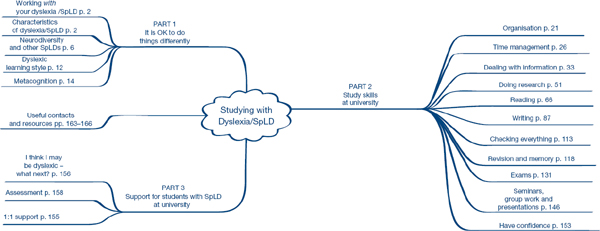
Acknowledgements
My thanks go to my students, who have taught me everything I know about how to support them. I never cease to be inspired by both their determination and the effort made to achieve academically, despite their SpLD (specific learning difference). Particular thanks go to those who allowed me to use them as an example for this book.
Thanks also to Kate Williams for her patience and support in the writing of this little book and to colleagues who agreed to be my critical friends for their supportive comments and sensible suggestions. Thanks to my colleagues at Oxford Brookes for their continued encouragement; in particular, to Lorraine Collett for her enthusiasm and ideas for this edition. Finally, a special thanks to my daughter Sallie for her witty and perceptive illustrations which enliven the series.
The author and publisher wish to thank the following for permission to reproduce copyright material: Houghton Mifflin Company, R. David Middlebrook, University of Hull, Mercier Press, Genius Within and Westminster School.
Introduction
It takes enormous effort for students with dyslexia or other SpLDs (specific learning differences) to keep up with their studies at university. Most know dyslexia/SpLD involves memory and organisational problems but do not take up the one-to-one support they may be entitled to. As a dyslexic/SpLD student, you may not realise that understanding your SpLD means YOU can manage your SpLD positively and so work with it, not against it.
This little book is about understanding there is a dyslexic/SpLD learning style and using this to think about how to tackle a task before starting it. This will reduce your workload and increase your efficiency. It should also reduce the stress so many dyslexic/SpLD students experience and the impact of your SpLD/dyslexia on your studies.
Strategies are suggested throughout the book to work with your learning style. It is hoped you will try these out and use any you find useful. Please discard any that dont work for you. After reading this book, you should be able to consider what else you could use that would fit in with your own learning style.
It is all about finding out what works for you and doing it your way!
How to use this guide
This guide does not need to be read all at once. Just keep coming back to it for ideas from time to time.
explains why dyslexia/SpLD makes studying harder and gives ideas about how to work with your dyslexia/SpLD and not against it. This puts YOU in charge of your dyslexia/SpLD, not the other way round.
concentrates on individual skills such as reading, writing and dealing with information. These can be read in any order just dip in and out as needed.
provides some information on what support should be available to you at university. It is worth looking at this if you are (or suspect you are) dyslexic or have another SpLD.

| IT IS OK TO DO THINGS DIFFERENTLY |
The main message of this book is that IT IS OK to do things differently. You may have tried working in the same way as your friends maybe taking notes in a lecture or working at the last minute through the night only to find that you dont understand what you have written. It is likely that these methods just dont seem to work for you. Give yourself permission to explore ways of working that will use your dyslexia/specific learning difference (SpLD) constructively.
| Working with your dyslexia/SpLD |
Dyslexia
Being dyslexic does not mean you are not as bright as other people just that you learn differently. You can be clever and have an SpLD; your dyslexia or other SpLD does not determine your intelligence.
Famous dyslexics include Steve Redgrave, Kara Tointon, Eddie Izzard, Jamie Oliver, Keira Knightley, Steven Spielberg, Paloma Faith, Cher and even Walt Disney. Daniel Radcliffe has dyspraxia and Justin Timberlake has ADHD.
It is reckoned that 10% of students are dyslexic, so you are in good company.
What is dyslexia? A simple question, but one there has been much debate about. It is not important for you to understand everything about dyslexia, and every dyslexic person is unique, but you will share some characteristics.
Characteristics of dyslexia
 short-term memory (or working memory) is not as efficient as that of non-dyslexics
short-term memory (or working memory) is not as efficient as that of non-dyslexics

Next page
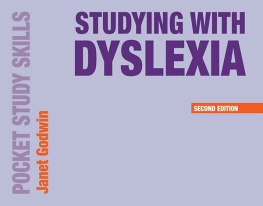
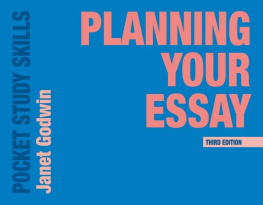
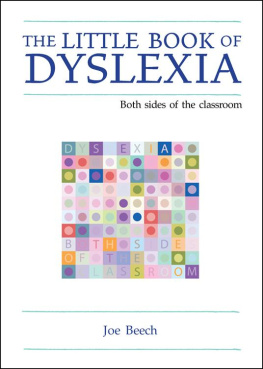
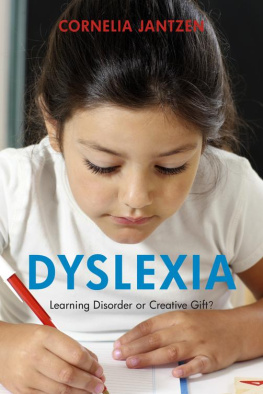
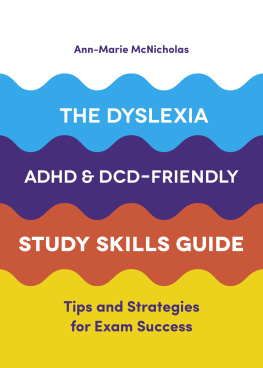
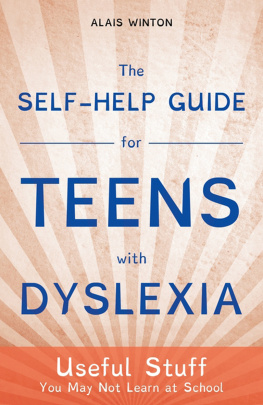
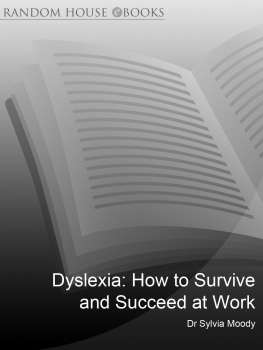
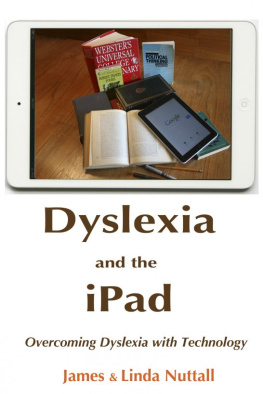
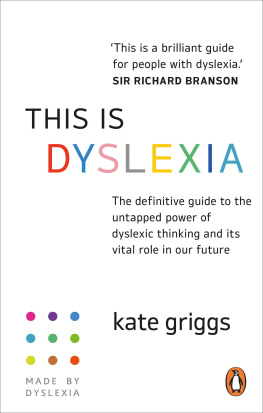
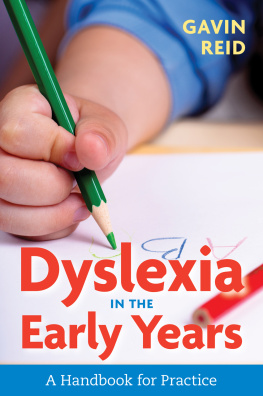
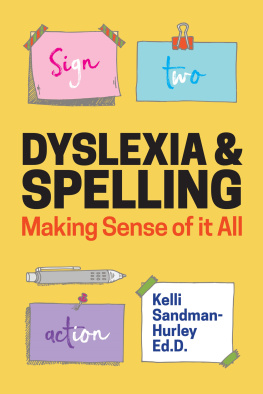

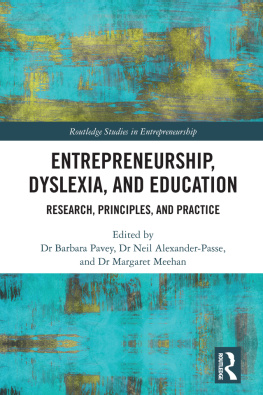
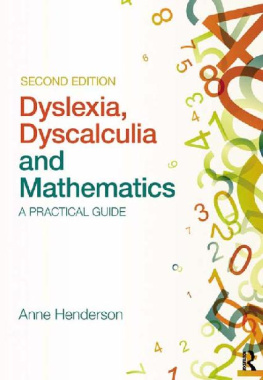



 short-term memory (or working memory) is not as efficient as that of non-dyslexics
short-term memory (or working memory) is not as efficient as that of non-dyslexics